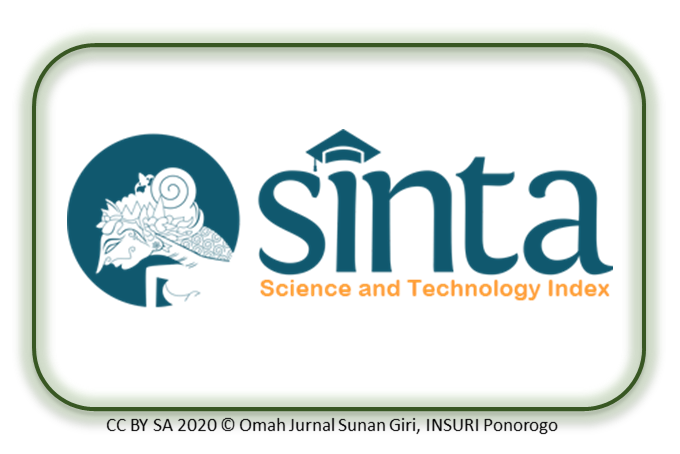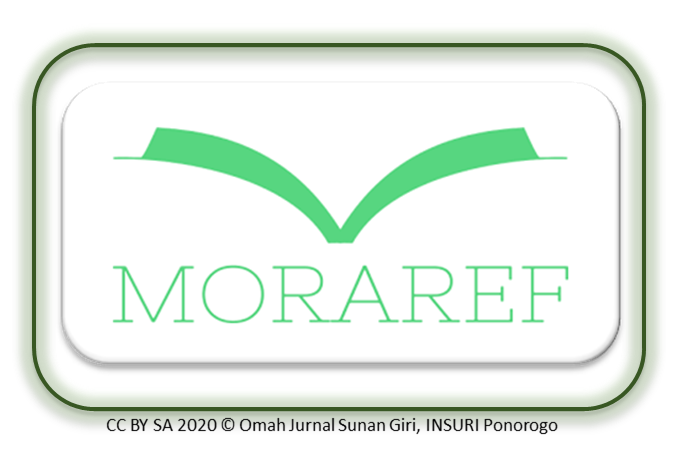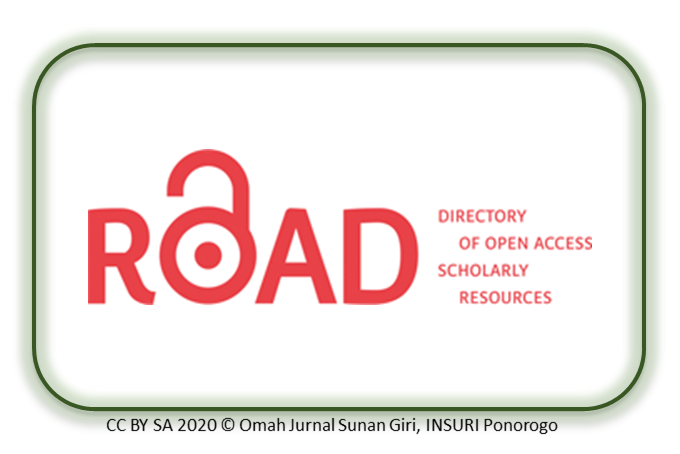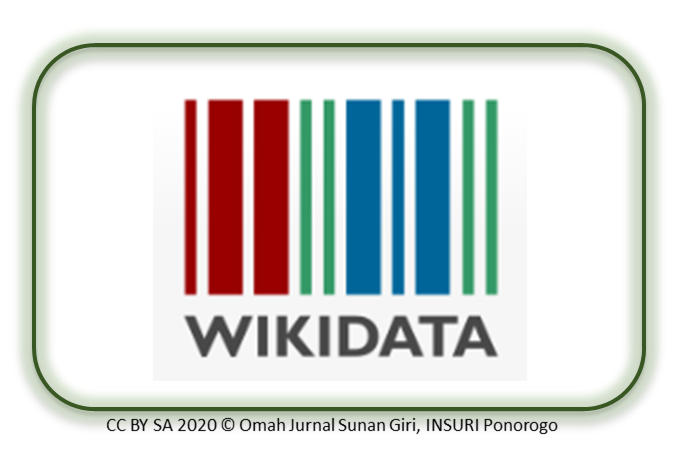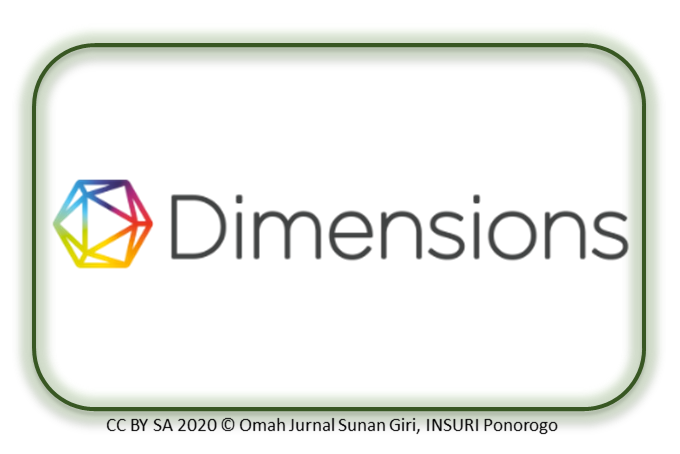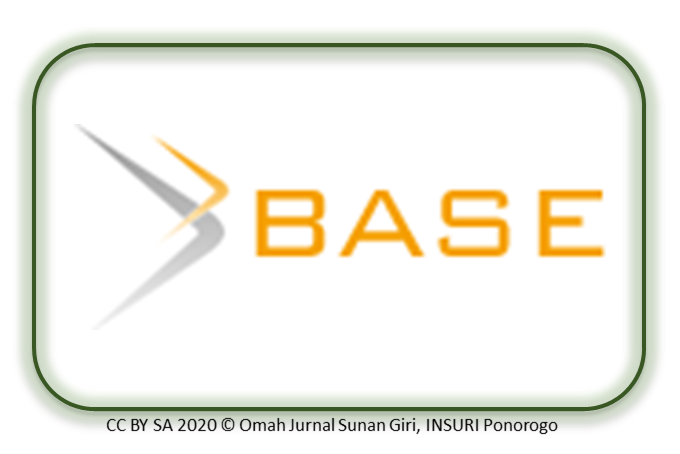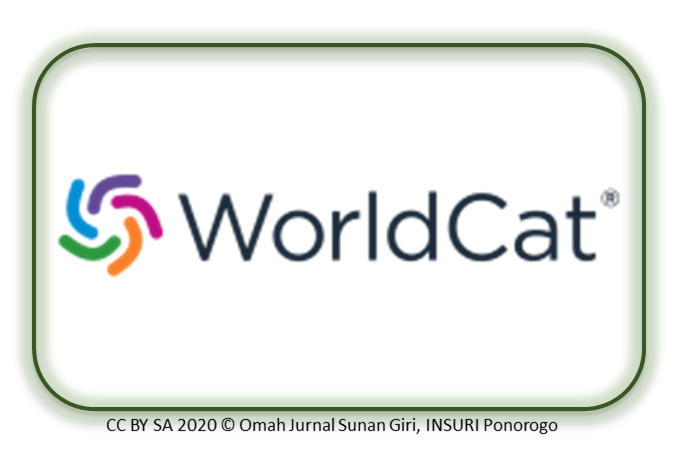Transformasi Ekonomi Islam Pasca Kolonial : Periode 1960-1980
Abstract
This study is intended to analyze the development situation of Islamic economic thought, which is devoted to the postcolonial period from 1960 to 1980 AD. This period has an important role in the process of developing Islamic economic thought. The presentation of this article is focused on the aspects of the thinking of the scholars of that era, including Muhammad Baqir as-Sadr, Sayyid Abul A'la Maududi, Monzer Kahf, Abdul Mannan and Sayyid Qutb, who have historically been seen as having authority over various Islamic economic thought. Based on the analysis, it was successfully identified that the period from 1960 to 1980 was the decisive period for the revival of the development of Islamic economic thought that was more adaptive to the times. Throughout this period, there were efforts to integrate the principles of Islamic economics with conventional economic practices at that time. The school of thought at that time tended to present a new model of the economic system, which was still based on Islamic principles, namely an economy based on social justice, a sustainable economy and an economy of people's empowerment, but gave rise to system innovations that had great potential to fill the gaps in the previous economic system. Keywords: Islamic Thought, Economic System, Postcolonial Economic Transformation, Islamic Economic ThoughtCopyright (c) 2025 Chairunnisa Chairunnisa

This work is licensed under a Creative Commons Attribution-NonCommercial-ShareAlike 4.0 International License.
Contents on this site are licensed under Creative Commons Attribution-NonCommercial-ShareAlike 4.0 International (CC BY-NC-SA 4.0)

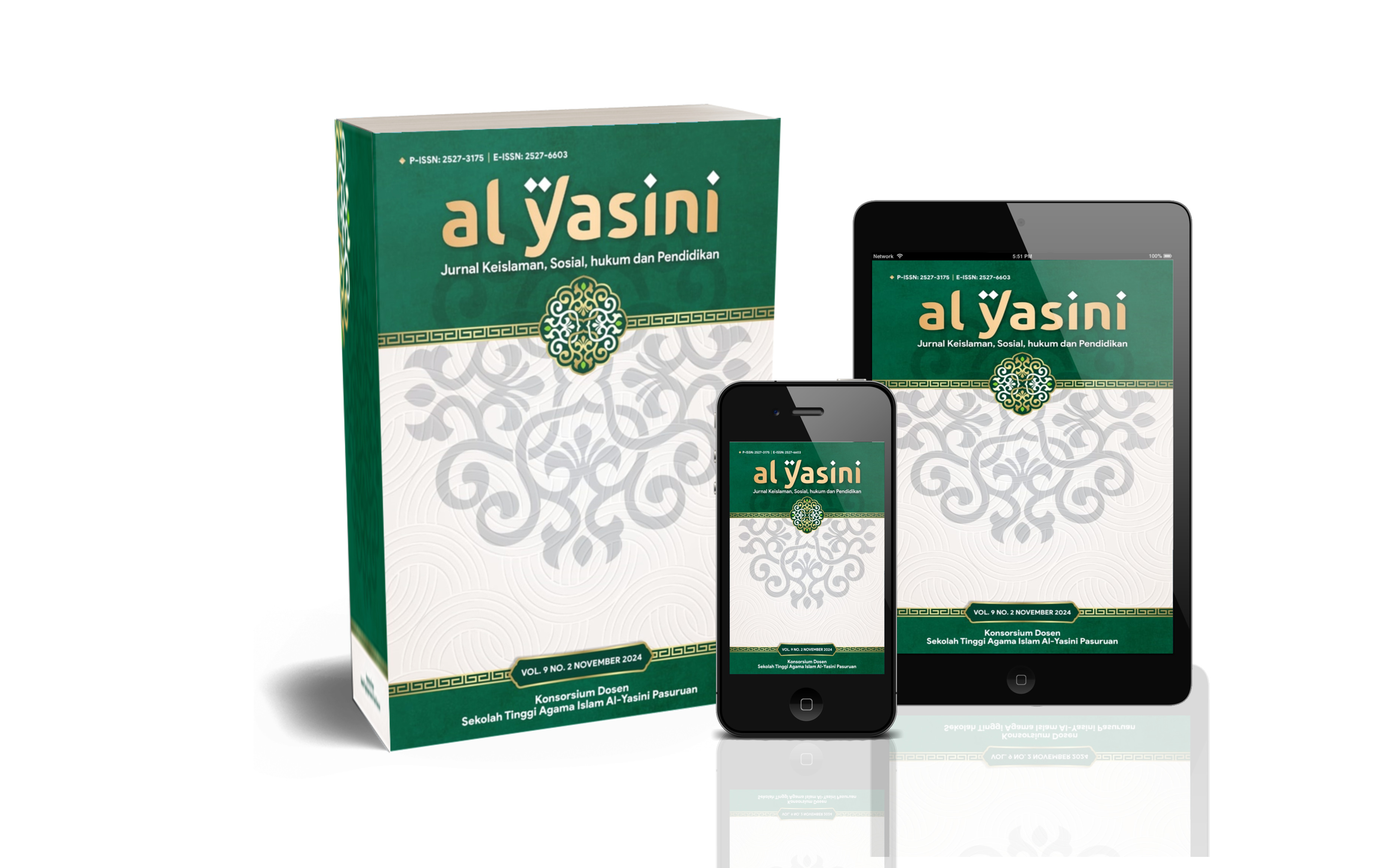

1.png)

